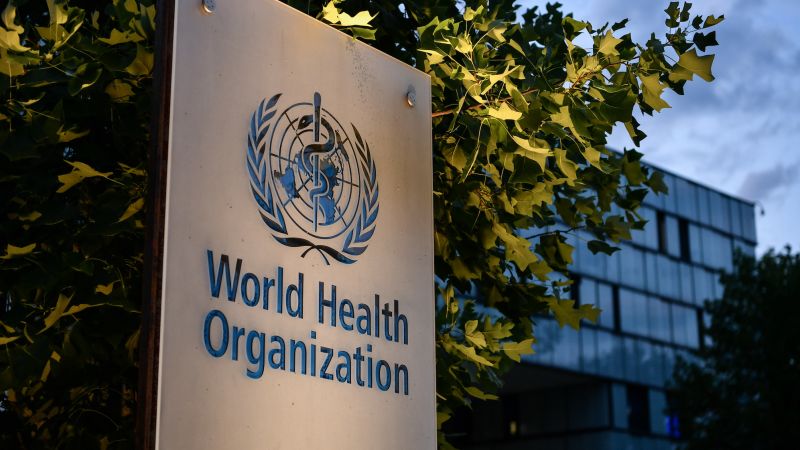In breaking news, the World Health Organization has declared the ongoing mpox outbreak in Africa a global health emergency. This declaration comes as concerns arise about a deadlier strain of the virus, clade Ib, reaching four previously unaffected provinces in Africa. The strain, which was previously contained to the Democratic Republic of Congo, has now spread to new areas.
The emergency committee of the World Health Organization met virtually to advise Director-General Tedros Adhanom Ghebreyesus on the severity of the outbreak. Following this consultation, it was announced that a public health emergency of international concern has been declared, marking the highest level of alarm under international health law.
The Africa Centres for Disease Control and Prevention also declared the outbreak a public health emergency of continental security, the first such declaration by the agency since its inception in 2017.
Since the beginning of this year, more than 17,000 cases and over 500 deaths have been reported in 13 countries in Africa. The Democratic Republic of Congo has reported the highest number of cases, with over 14,000 cases and 96% of confirmed cases this month. The Africa Centers for Disease Control and Prevention classify the outbreak as a “very high risk event.”
Mpox, formerly known as monkeypox, is a viral disease that spreads easily between people and from infected animals. Symptoms include fever, a painful rash, headache, muscle and back pain, low energy, and enlarged lymph nodes.
For decades, the disease was primarily found in Central and West Africa, but it began spreading in Europe and North America in 2022. WHO had previously declared the spread of mpox a global health emergency in July 2022, ending it in May 2023.
Mpox is characterized by two genetic clades, I and II, with clade Ib being more transmissible and causing more severe disease. WHO officials have emphasized the importance of international cooperation in financing and organizing efforts to contain the outbreak.
The organization has approved the Emergency Use Listing process for mpox vaccines and developed a regional response plan requiring $15 million, with $1.45 million already released from the WHO Contingency Fund for Emergencies.
This is a developing story, and updates will be provided as more information becomes available.



